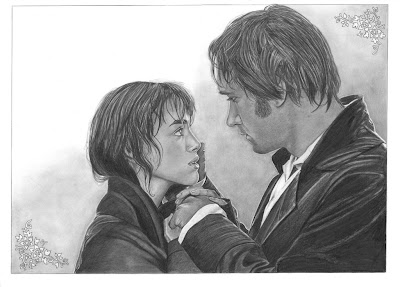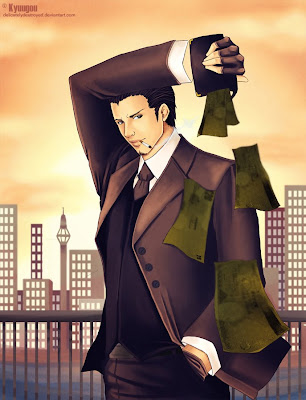I was watching the movie of 'Pride and Prejudice' and all I could think of was about watching one of those fairytale disney movies. What I didn't realise is that I was watching a Fairlytale. At least one for Jane Austens society. The marriage for romance and love does not really excist, that is back then. Romance is the base of all Disney Fairytale movies (except for tresure island), its the romance that creates the story. Romance did just that in "Pride and Prejudice' and thats when the movie became a Disney Fairytale for me.
Before women married to survive, to live. Thats exactly what Charlotte points out to Elizabeth. The one scene where she tells Elizabeth she married Mr.Collins really stuck out for me. She basically said that as long as she had a comfortable place to stay, and someone to support her, that was good enough for her. The whole book is for people who wanted to escape from that reality, just like children watch Disney movies to enter a world of magic. This was an idea that was part of the world of imagination, but had yet not been achieved by most women.
Elizabeth denys two men for marriage, because she does not love them. They have everything she needs for a women of Jane Austens world, except for love. Charlotte is a normal average woman, and Elizabeth is the fairytale which women wished to achieve. She does not marry for money, or for a comfortable home, she marrys for love.
Fairytales teach children how to make the world a better place when they grow up. But once they grow up, they forget, because they no longer have hope for the world.
Before women married to survive, to live. Thats exactly what Charlotte points out to Elizabeth. The one scene where she tells Elizabeth she married Mr.Collins really stuck out for me. She basically said that as long as she had a comfortable place to stay, and someone to support her, that was good enough for her. The whole book is for people who wanted to escape from that reality, just like children watch Disney movies to enter a world of magic. This was an idea that was part of the world of imagination, but had yet not been achieved by most women.
Elizabeth denys two men for marriage, because she does not love them. They have everything she needs for a women of Jane Austens world, except for love. Charlotte is a normal average woman, and Elizabeth is the fairytale which women wished to achieve. She does not marry for money, or for a comfortable home, she marrys for love.
Fairytales teach children how to make the world a better place when they grow up. But once they grow up, they forget, because they no longer have hope for the world.




